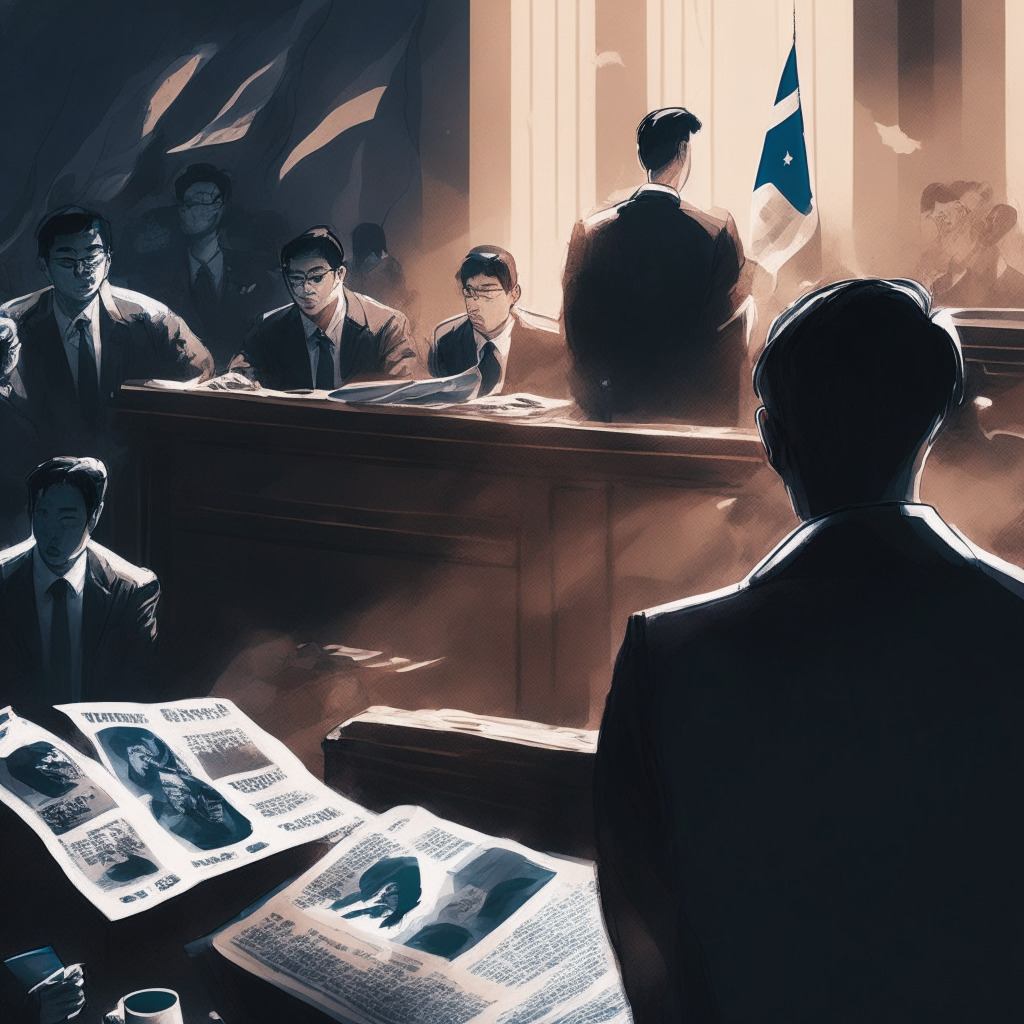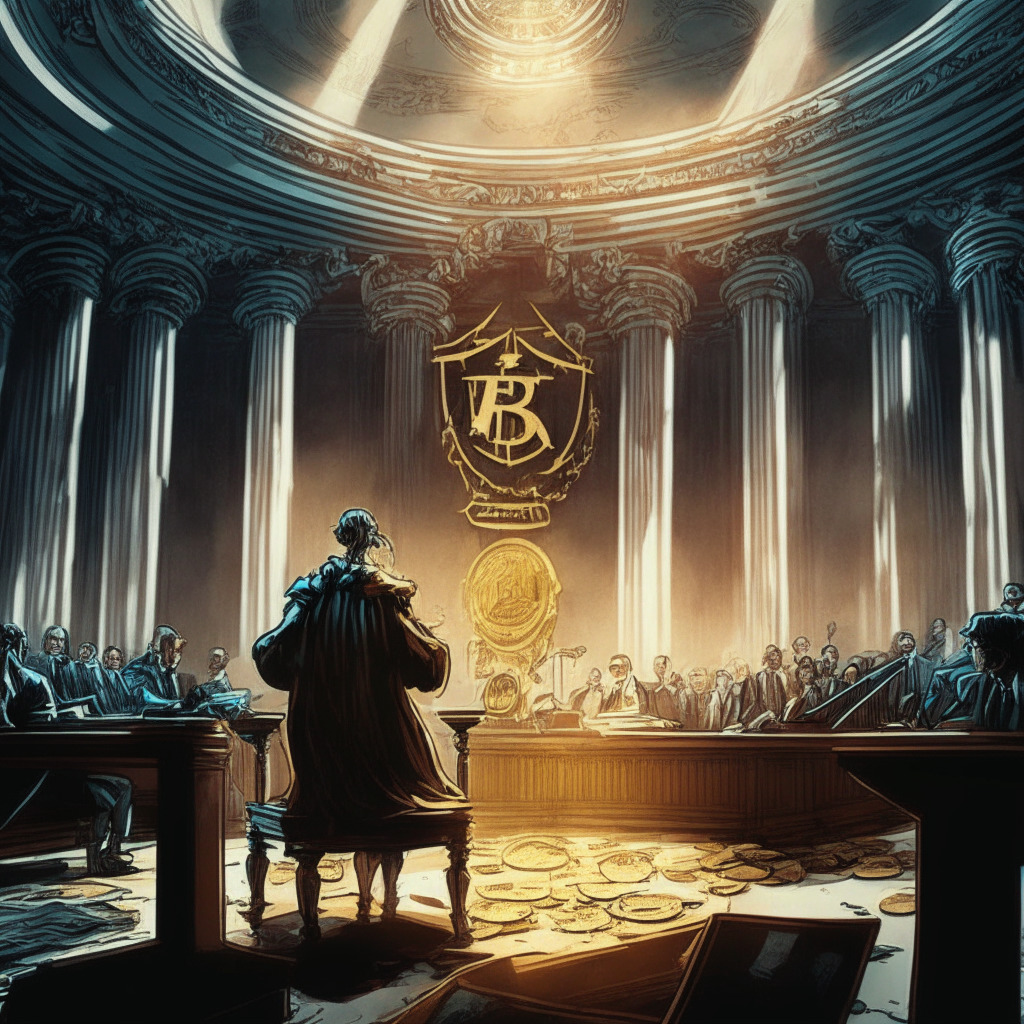The trial of Terraform Labs Co-founder Daniel Shin is set to commence in South Korea, with prosecutors eager to demonstrate that Terra Classic (LUNC) is a security. The South Korean legal system currently does not classify any cryptoasset as a “security.” Nevertheless, the prosecution intends to show that Shin was aware that LUNC was a “security” when he sold tokens to investors.
Although Shin claims to have severed ties with the Terraform project two years after its founding, video interviews conducted shortly before the controversy arose suggest otherwise. However, if prosecutors succeed in proving that LUNC is a security, Shin’s legal team will have the option to pursue the matter in a high court and, if necessary, take it to the Supreme Court. Prosecution officials can also appeal verdicts, potentially prolonging the legal battle for months.
The prosecution is eyeing a win not only against Shin but also against Terraform Co-founder Do Kwon, who is currently facing charges in Montenegro. Kwon has stated that LUNC is “not a security” and feels that the case against him is becoming “politicized.” Nonetheless, efforts to deport him to South Korea are underway.
Prosecutors have encountered numerous challenges in their quest to bring Shin to trial. Having received evidence from Chai and raided Shin’s home after their initial arrest warrant application was rejected, they encountered a further setback when the judge assigned to the trial turned out to be a former reporter who had interviewed Shin. Consequently, the trial date was postponed, and the court had to be changed.
Both Shin and the prosecution have requested experts to submit written opinions on whether LUNC can be considered a security or not. Prosecutors believe they can convict Shin on charges of fraud, breach of trust, and embezzlement – but to confirm violations of the Capital Markets Act, they must establish that LUNC is indeed a security.
Prosecutors are hopeful that the ongoing case of the US Securities and Exchanges Commission (SEC) against Terraform, wherein LUNC and Terra coins have been called “cryptoasset securities,” will bolster their argument. However, Shin’s team may draw upon a recent ruling from the Seoul Southern District Court, where a judge ruled that LUNC could not be considered a security. The outcome of this trial could have lasting implications for the cryptocurrency industry in South Korea.
Source: Cryptonews




